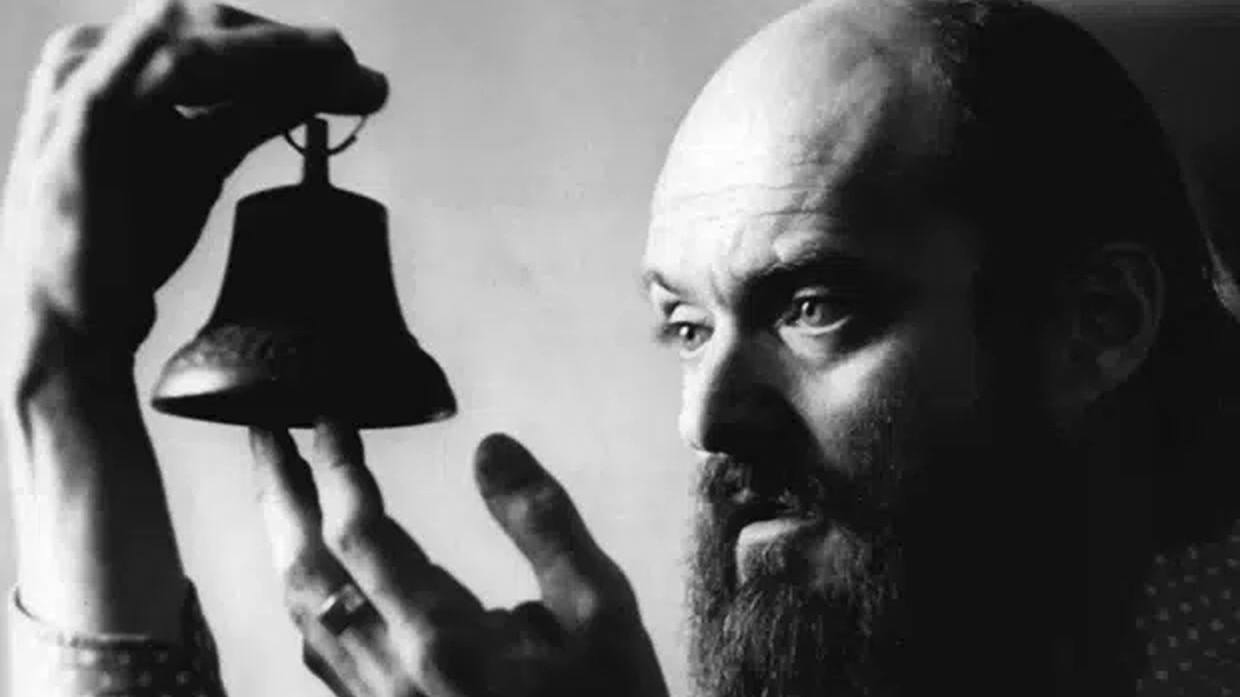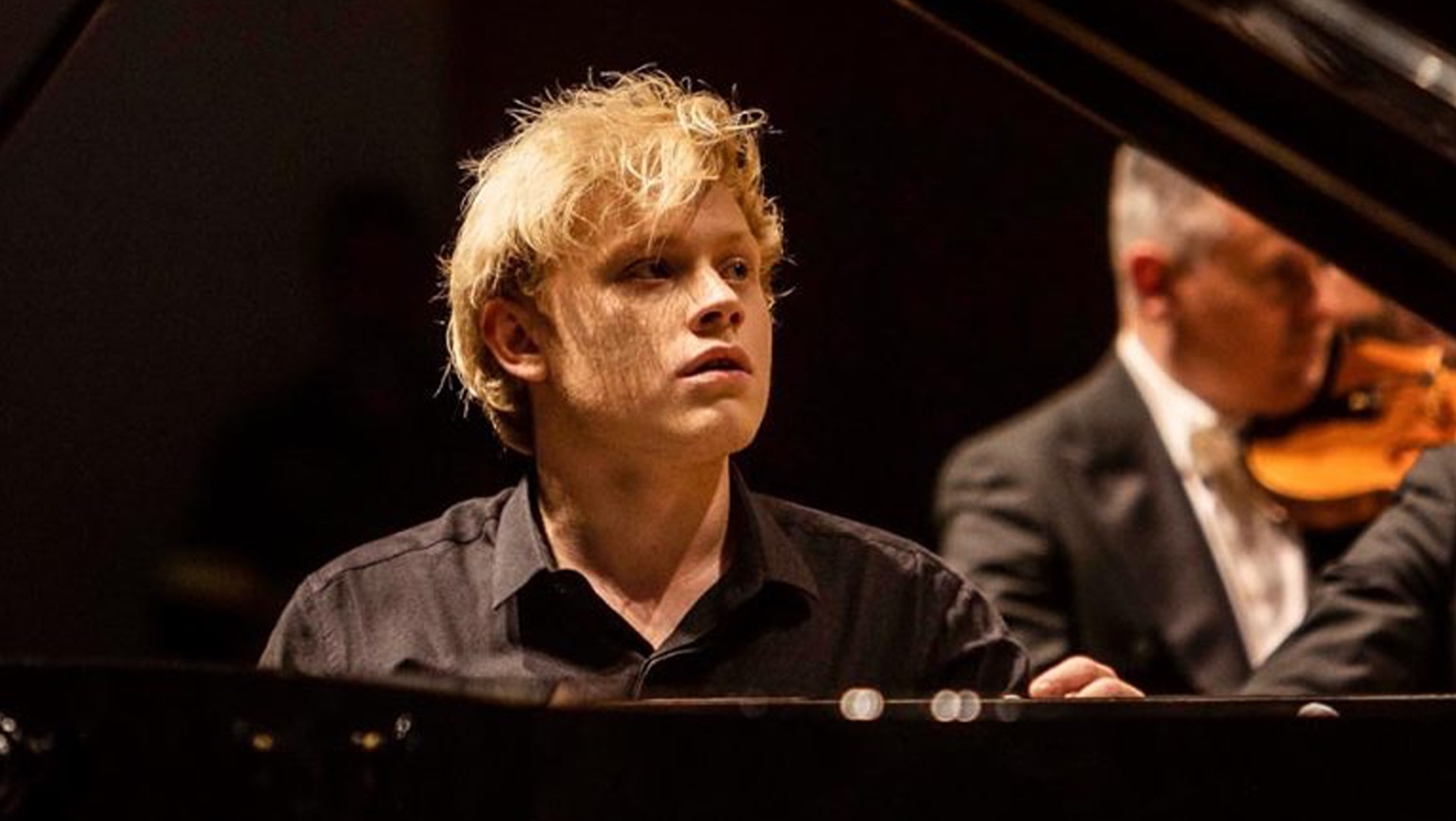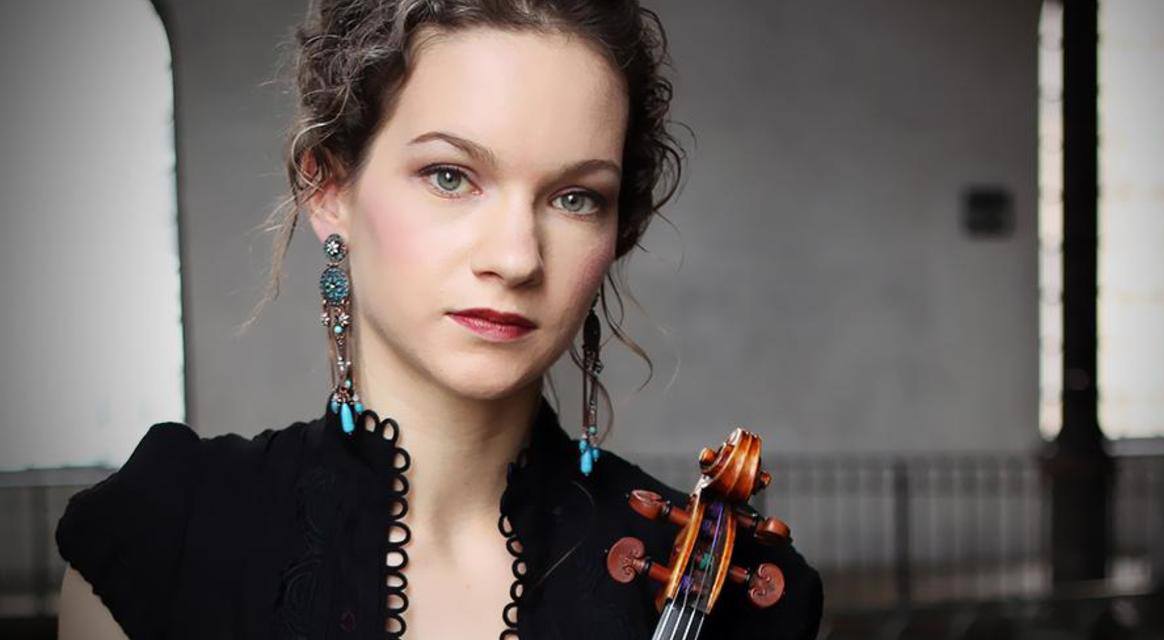Arvo Pärt’s Cantus in Memory of Benjamin Britten: Sound and Silence
“How we live depends on our relationship with death: how we make music depends on our relationship to silence,” writes Paul Hillier in his biography of Estonian composer Arvo Pärt (b. 1935). Sound and silence meet in Pärt’s Cantus in Memory of Benjamin Britten, scored for string orchestra and a single bell, sounding on the pitch of A. Composed in 1977, the work employs Pärt’s tintinnabulation style, rooted in Gregorian chant. It is …







